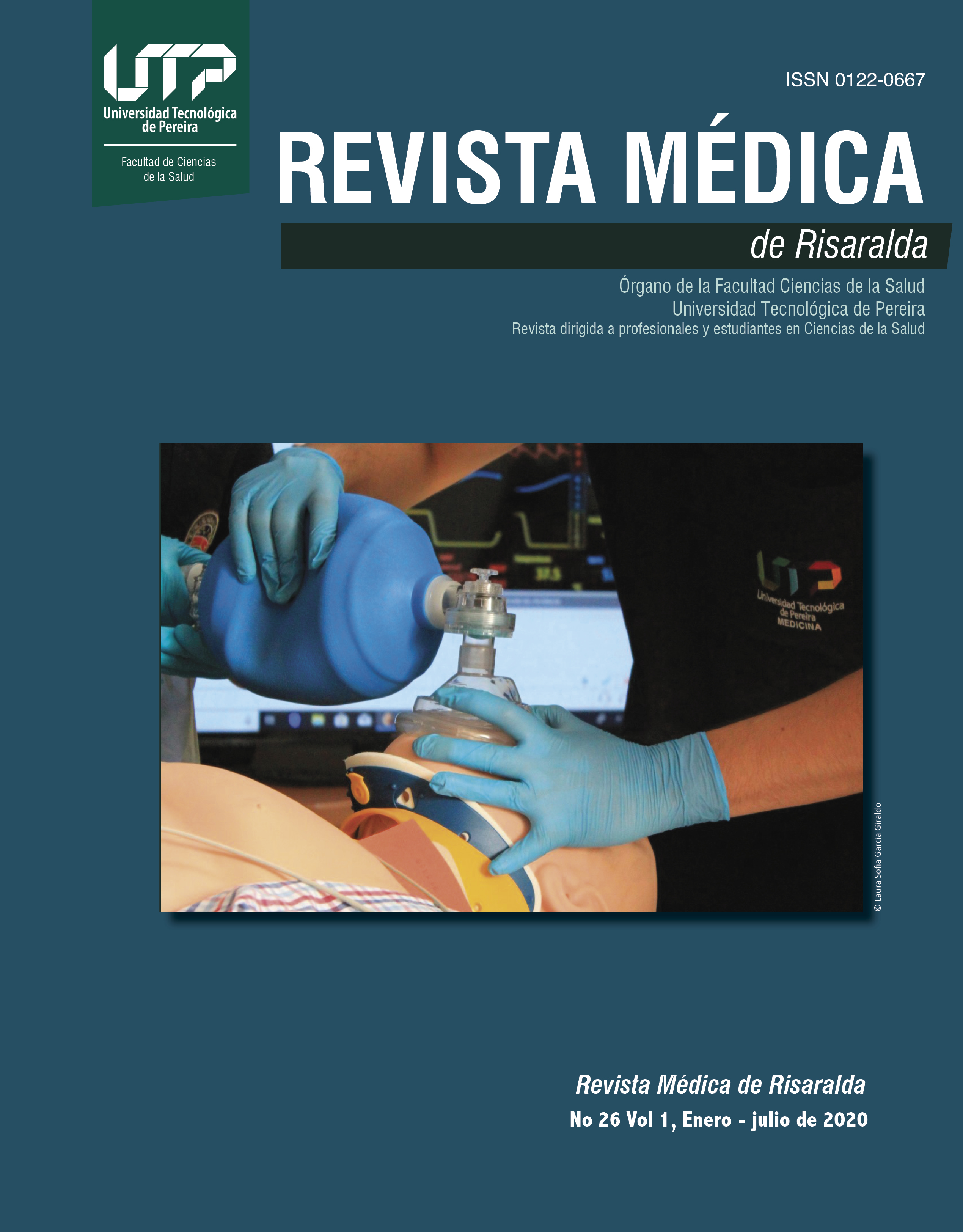Communication strategies for Behavioral Impact (COMBI) in vector diseases in Latin America
DOI:
https://doi.org/10.22517/25395203.18721Keywords:
Public health, Health communication, Vector control, Prevention, Community ParticipationAbstract
Introduction: Vector-borne diseases are determined by a complex dynamic of environmental and social factors; their control strategies have been historically directed by biological knowledge about the vector. Global experiences have shown that behavioral changes in people are a crucial element for the prevention of these diseases. The World Health Organization promoted the COMBI methodology (Communication for Behavioral Impact) to plan communication and social mobilization actions.
Objective: To compile the experiences about the implementation of the COMBI strategy in Latin America in order to identify the strengths, threats, and opportunities for improving this methodology as a tool for vector-borne disease mitigation.
Materials and methods: A theoretical-type monograph review was done. The materials included articles, index and technical documents, and grey literature.
Results: In Latin America, the integration of the COMBI strategy into public health plans allows the reduction of the frequency, magnitude, and severity of outbreaks and epidemics of vector-borne diseases. Colombia is one of the countries that has systematized the experiences and results of the implementation of the COMBI methodology, allowing the region to have more arguments to promote the strategy.
Conclusions: The accomplishment of the behavioral objectives, the integration of multidisciplinary teams, formative research, community mobilization, and advocacy are strengths that are evident in the implementation of the COMBI strategy in the Americas’ region. On the other hand, the lack of political will and the constant change of personnel directly affect the success of the methodology in the territory.
Downloads
Downloads
-
Vistas(Views): 1162
- PDF (Español (España)) Descargas(Downloads): 482
Published
How to Cite
Issue
Section
License
Cesión de derechos y tratamiento de datos
La aceptación de un artículo para su publicación en la Revista Médica de Risaralda implica la cesión de los derechos de impresión y reproducción, por cualquier forma y medio, del autor a favor de Facultad de Ciencias de la Salud de la Universidad Tecnológica de Pereira. 1995-2018. Todos los derechos reservados ®
por parte de los autores para obtener el permiso de reproducción de sus contribuciones. La reproducción total o parcial de los trabajos aparecidos en la Revista Médica de Risaralda, debe hacerse citando la procedencia, en caso contrario, se viola los derechos reservados.
Asimismo, se entiende que los conceptos y opiniones expresados en cada trabajo son de la exclusiva responsabilidad del autor, sin responsabilizarse ni solidarizarse, necesariamente, ni la redacción, ni la editorial.
Es responsabilidad de los autores poder proporcionar a los lectores interesados copias de los datos en bruto, manuales de procedimiento, puntuaciones y, en general, material experimental relevante.
Asimismo, la Dirección de la revista garantiza el adecuado tratamiento de los datos de carácter personal



